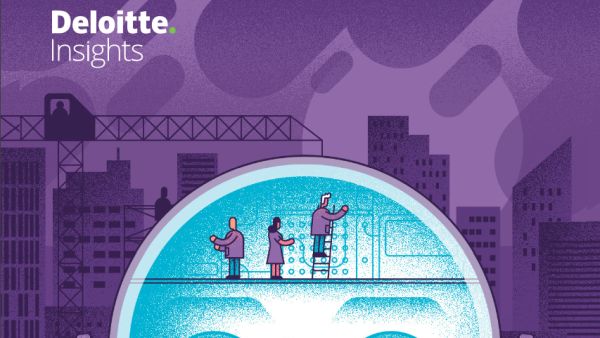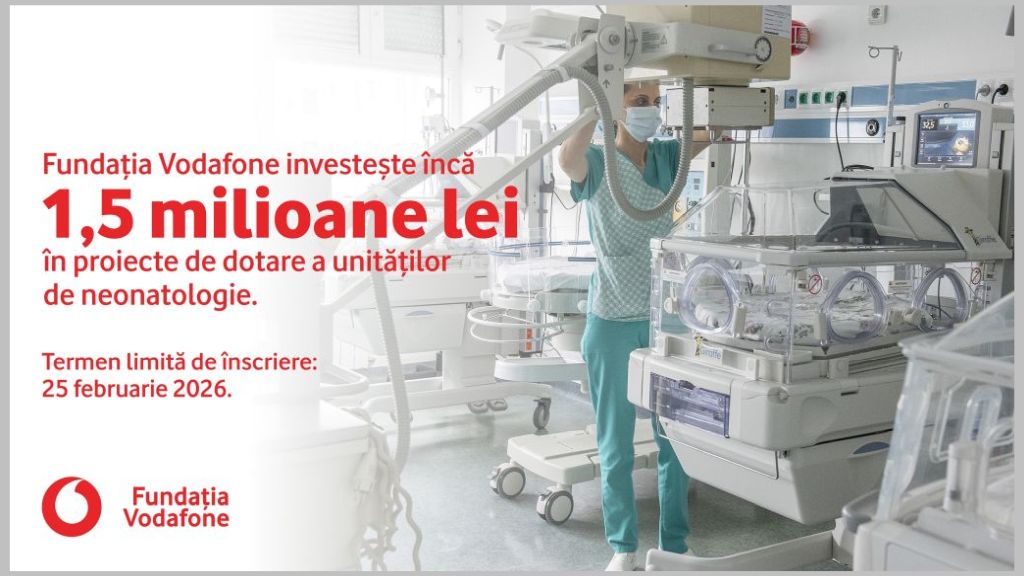“The main concerns of Romanian employers are lifelong learning (90% of respondents) and developing leaders (84%), followed by improving the employee experience (78%). These results reflect the current challenges of the Romanian organizations: retention in a hot labor market and growing the right leaders to ensure such retention and bring businesses forward. Lifelong learning has evolved from a matter of career advancement to labor market survival in the context of the need to sustain longer careers and as part of the fact that every job is changing,” said Raluca Bontas, Partner Global Employer Services, Deloitte Romania.
Developing leaders seems a perennial issue of our time, as this topic is highlighted as one of the most relevant by Global Human Capital Trends study starting from its 2013 edition. 75% of the global respondents believe leaders need to understand new technologies in order to be effective. Also, respondents consider that leadership development programs currently in place are essentially ineffective.
“Leadership in the 21st century has unique and new requirements, so it’s critical for companies to find and build leaders from within the organization and to adjust the current development programs, as they don’t seem to work, according to the research. Also, improving the employee experience remains a massive priority for organizations both in Romania and around the world,” stated Raluca Bontas, Partner Global Employer Services, Deloitte Romania.
As far as the employee experience is concerned, organizations may reach specific objectives in this area by adopting a human focus, capturing the meaning of work that people are looking for, highlighting the impact the work has both on the organization and society as whole, ensuring effective leadership, underlines the report.
Talent mobility is also among the most important trends identified by 2019 Human Capital Trends, as 78% of the local respondents consider this topic as important or very important. The report underlines that, in the context of the tightest labor market in the past two decades, improving internal talent mobility and finding the right talent are ongoing issues. Also, the incoming generation has a limited amount of patience and if they don’t receive the expected growth internally, they’ll look outside the company for new opportunities. 64% of the local respondents indicated on increased level of internal mobility opportunities in the last three years and, at the same time, they expect an increased level for the next three years (82%). The main reasons for internal mobility are increasing employee engagement and filling critical job needs, according to the research.
As far as the rewards are concerned, the report underlines that they refer to more than money and organizations need to enhance the use of personalized rewards systems as key to retain employees longer and keep them productive, such as flexible composition of the pay, professional and personal development opportunities, meaningful jobs. 63% of the local respondents consider this topic as important or very important. In 2018, making rewards personal was also indicated as a very important topic on HR agenda, together with well-being, as a driver for productivity.
In the context of the Industry 4.0, as automation takes over repeatable tasks, jobs will become less routine and will lay the groundwork for what the report calls “superjobs”. They will combine the work and skill sets across multiple domains, opening up opportunities for mobility, advancement and the rapid adoption of new skills needed today. To this end, organizations are increasing funding for reskilling and retraining.
Deloitte’s annual Global Human Capital Trends report, which now reached its ninth edition, is the largest survey of its kind and is based on a complex analysis of the input provided by respondents from around the globe, working in various sectors and in various areas of organizations, most of them in HR. This year, the report analyzed approximately 10,000 respondents in 119 countries, including Romania. This is the fourth year when the research includes local data. The full report is available here.








![2026 consumer trends and industry insights [Webinar]](https://doingbusiness.ro/media/covers/6979dc6c4329e_cover.jpg)





















